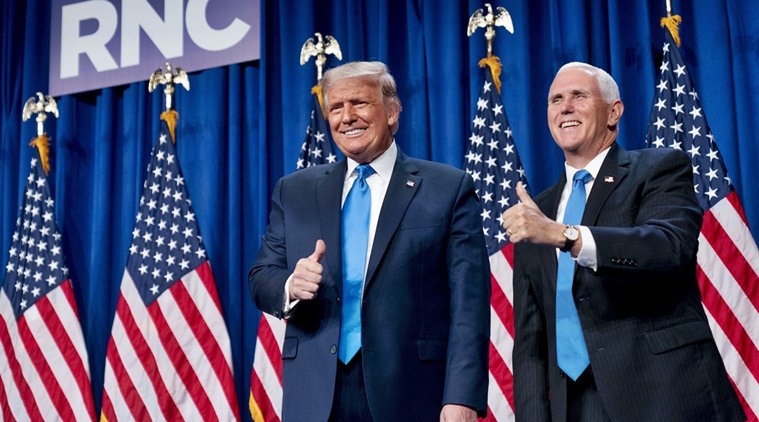Nigeria Won’t Bow To US Pressure To Accept Venezuelan Deportees—FG
Nigeria will not give in to pressure from the Donald Trump administration to accept Venezuelan deportees from the United States, Foreign Affairs Minister Yusuf Tuggar has stated.
Tuggar said on Thursday that Nigeria has enough problems of its own and will not become a dumping ground for Venezuelan convicts deported from the United States as a result of Trump’s campaign on unauthorised immigrants.
Nigerian President Bola Tinubu will attend the BRICS Summit in Rio de Janeiro, Brazil, on July 6 and 7, 2025, alongside other international leaders.On the penultimate day of the summit hosted by the 11-member economic and political group with Chinese influence, US President Donald Trump revealed his determination to impose an additional 10% trade penalty on “anti-American” BRICS nations such as China, India, and Nigeria.
Nigeria’s foreign affairs minister stated that the threat of tariff hikes may not be related to the country’s participation in the BRICS conference.Tuggar stated, “The issue of tariffs may not be related to our participation in the BRICS meeting.
“You should also keep in mind that the US is putting a lot of pressure on African nations to take Venezuelans who have been deported from the US, some of whom have been released from prison.
“Countries like Nigeria would have a difficult time accepting Venezuelan convicts. We have enough issues of our own; we cannot accept Venezuelan deportees into Nigeria. We currently have 230 million people.”
The minister stated that the Tinubu administration has begun talks with the US about the new visa restrictions imposed on Nigerian people. He did, however, express remorse over the new visa limitations imposed on Nigerian travellers by the United Arab Emirates.
In January 2025, Nigeria accepted an invitation to become a partner country in BRICS+.
BRICS, which stands for Brazil, Russia, India, China, and South Africa, was formed in 2006 as a bloc of the world’s most developing countries to challenge the political and economic clout of wealthier nations in North America and Western Europe.
The bloc, now known as BRICS+, later welcomed new members such as Egypt, Ethiopia, Indonesia, Iran, and the United Arab Emirates.
BRICS+ accounts for around 37% of the global GDP. The bloc’s members account for almost half of the world’s population and 40% of global GDP.




